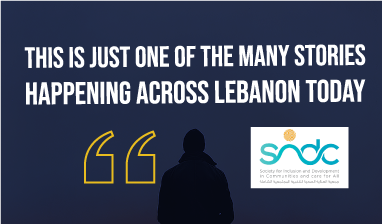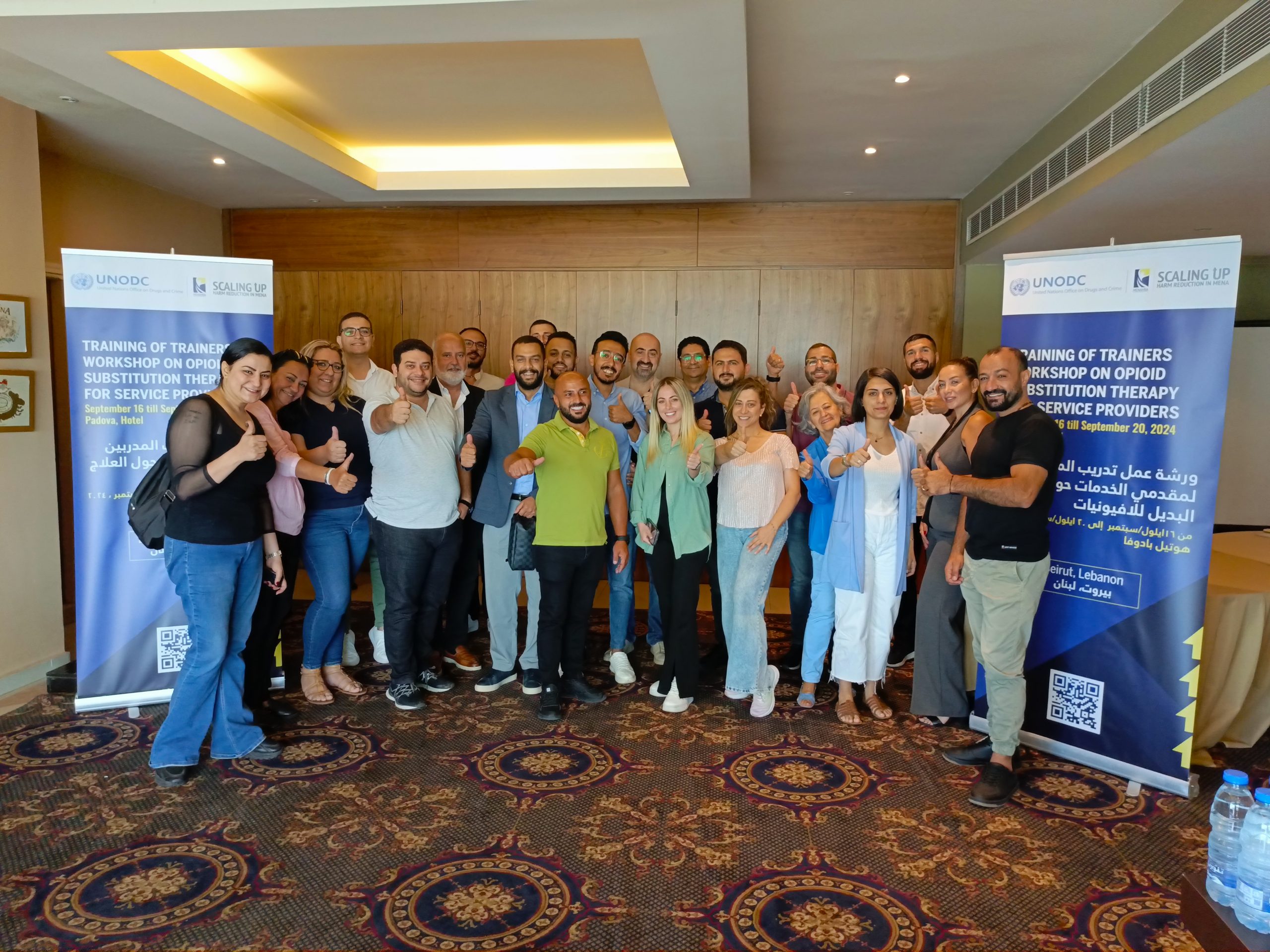The Rome Consensus 2.0 Summit, held in Rome, Italy from May 2nd to May 5th, brought together global stakeholders to discuss and advance humanitarian drug policy reform.
The Summit aimed to address the criminalization, discrimination, and stigmatization faced by people who use drugs (#PWUD). It emphasized the need to invest in health services and social reintegration, prioritizing a compassionate approach over punitive measures.
“Why are people who use drugs criminalized? Authorities prefer to invest in prisons and punitive laws that marginalize them, rather than in health services and social reintegration. I believe that this is a crime!”
This statement highlighted the Middle East and North Africa Harm Reduction Association’s Executive Director’s viewpoint on the unjust treatment faced by individuals who use drugs and called for a shift towards a more humane and supportive approach.
The Rome Consensus 2.0 Summit provided a crucial platform for stakeholders to engage in discussions surrounding comprehensive drug policy reforms. It emphasized the importance of upholding human dignity, addressing human rights issues, and combating discrimination within drug policy frameworks. The summit shed light on the negative consequences of the ongoing war on drugs and underscored the urgency to implement new policies that prioritize the well-being and rights of affected individuals.
By fostering dialogue and international collaboration, the Rome Consensus 2.0 Summit aimed to effect positive change in drug policies and programs worldwide. Stakeholders, including the MENAHRA Executive Director, advocated for evidence-based and inclusive approaches that consider the diverse needs and experiences of people who use drugs. The summit served as a significant opportunity to raise awareness, challenge discriminatory practices, and promote a future where all individuals are treated with dignity and provided the necessary support to lead healthier lives.
The Rome Consensus 2.0 Summit served as a milestone in advancing humanitarian drug policy reform. It provided a platform for stakeholders to address the criminalization and stigmatization faced by people who use drugs. Through collaborative efforts and advocacy, the summit aimed to create a more compassionate and rights-based approach to drug policy, ensuring that individuals are provided with the necessary tools, healthcare, and support they need.






